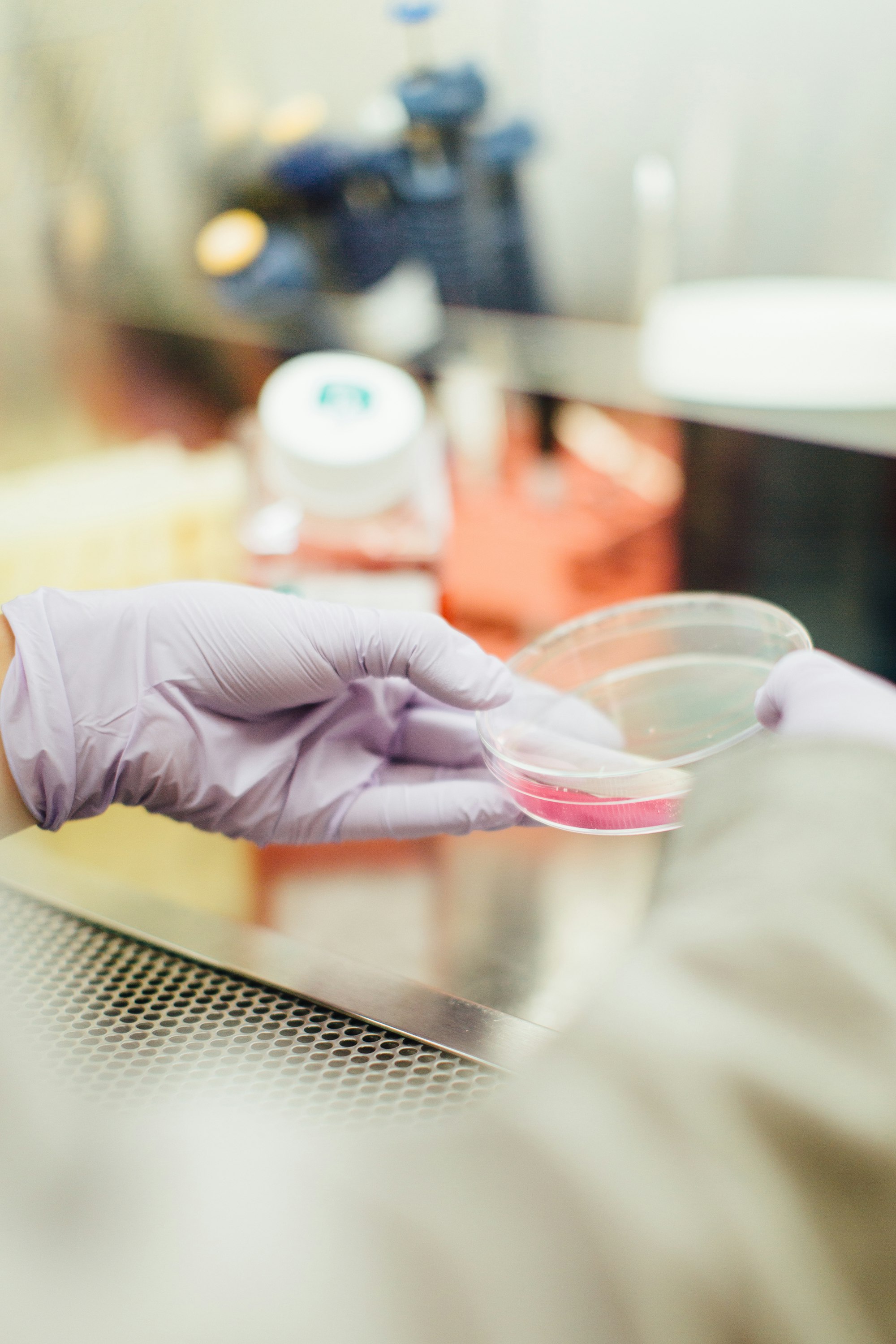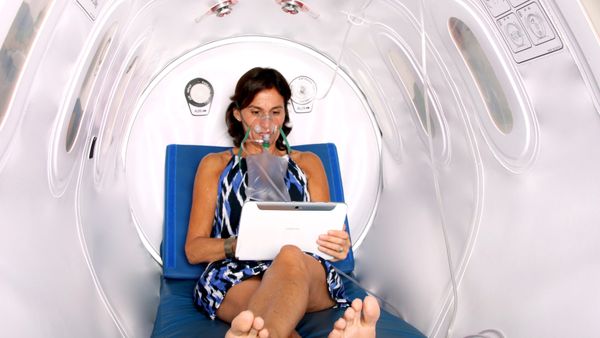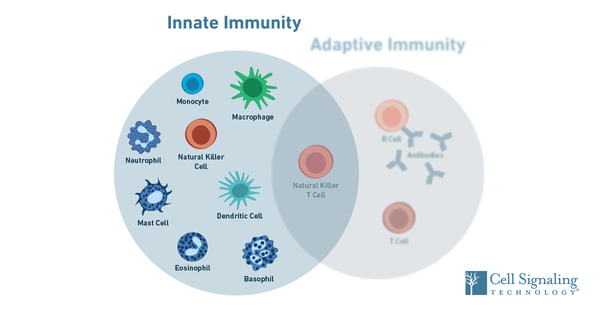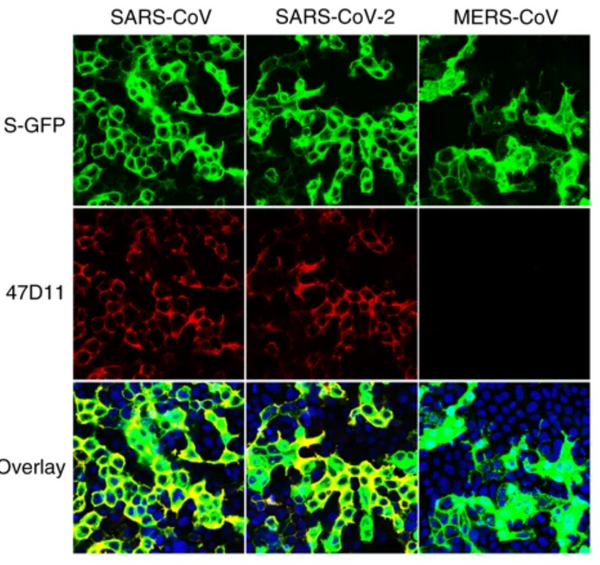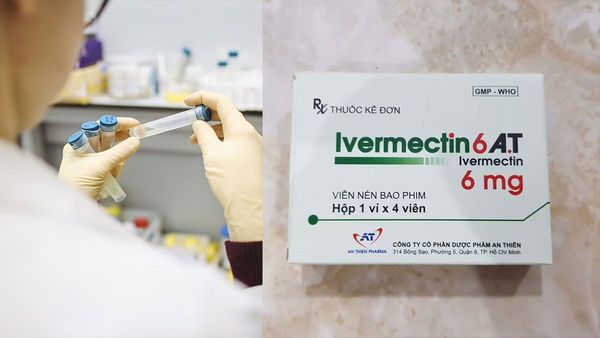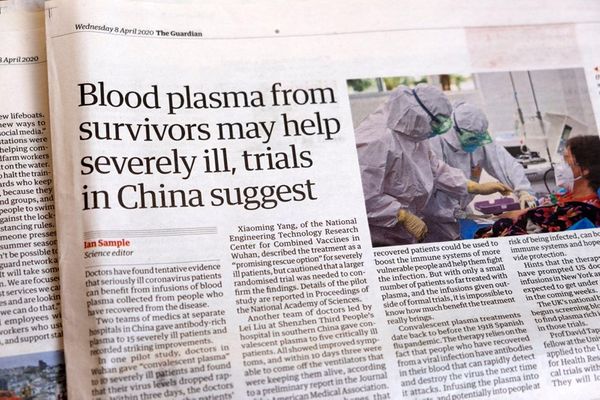An international team that previously offered the first genetic evidence that Angiotensin converting enzyme 2 (ACE2) is the critical receptor for SARS-CoV and that ACE2 protects the lungs from injury has discovered an experimental drug that effectively blocks the cellular door to SARS-CoV-2 used to infect its hosts (humans).
The research findings were recently published in Cell, reflecting the ongoing research of a heavy-hitting multi-national team of researchers. This group claims they provided the first genetic evidence of the importance of ACE2 in association with SARS-CoV-2, the virus behind the COVID-19 pandemic. The team points out that ACE2 is identified as a key receptor for SARS-CoV-2 infections, and hence the possibility of inhibiting this interaction could be used to treat patients with COVID-19. The team’s study reveals that clinical grade human recombinant soluble ACE2 (hrsACE2) reduces SARS-CoV-2 recovery from Vero cells by a factor of 1,000-5,000. They highlight an equivalent mouse rsACE2 had no effect. Based on this and other findings, the team declared that hrsACE2 can materially block early stages of SARS-CoV-2 infections.

